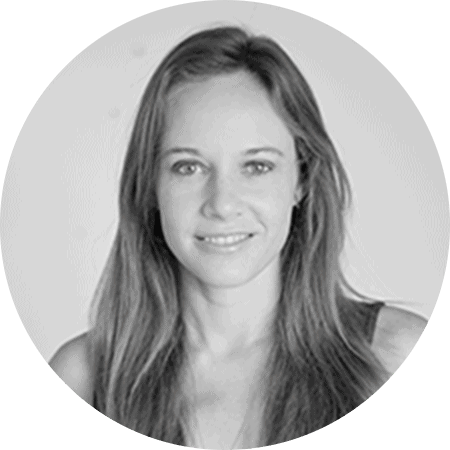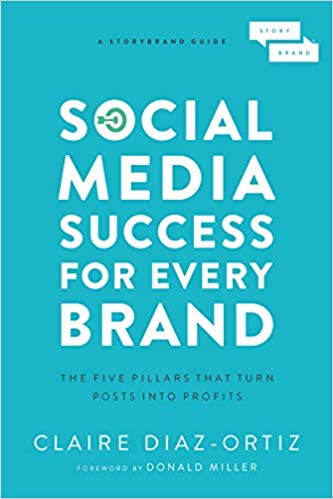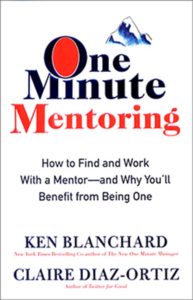The other day, I wrote a post about How to Set Life Goals in 2013. In the post, I walked through the SMART goals framework from Paul Meyer’s Attitude is Everything (which I’ll recommend again — it’s just $2.99 for 144 motivating pages.)
As I walked through the framework, I showed some of my personal goals for 2013, and one of them had to do with reading. For 6 years now, I’ve set a reading goal each year. For 4 years, that goal was 100, and I usually broke it by a dozen or so books a year. In 2012, however, I changed that goal to 150, and it worked well. Of those 150, a handful of those were ebooks (which are usually shorter than regular book length).
Setting a reading goal is an incredible way to stay motivated to make time for the essential task of self-improvement, and to give yourself a reason to seek the pleasure of reading. It’s one of the simplest goals I recommend to anyone, and, well, I’m recommending it again to you.
As for my reading goals for 2013, I’ll be setting the same goal of 150 books, although allowing myself a bit more breathing room by stating that handily 10 of those will be ebooks.
The reason is two-fold:
- I love ebooks, have lots of friends who write them, and find they are often about one of my favorite topics: productivity.
- Towards the end of the 2012, I worried that I was stretching a bit too much to read the 150 goal. Case in point: With a month left, and that 150 number looming, I had to give up on my goal of 10 Spanish books (it takes me about 30% longer to read in Spanish) to reach 150 overall. That seemed a bit too confining. So, in 2013 giving me some more ebooks will provide a bit more breathing room.
Whatever your reading goal might be, it’s something I highly highly highly highly encourage. If reading isn’t a big part of your life, just pick 6 (or 12) books in 2012 that you think are a good mix of helping you grow as a person, and giving you time to escape to another world. It will (truly) change your life.
- See my (now completed!) 2012 reading list in all its glory.
- See my (new, but going strong!) 2013 reading list.
Do you set reading goals? What are they?





Last year I set the goal of reading 15,000 pages of non-fiction. I set the goal in pages rather than books because the length of books on my to-read shelf at the start of the year varied widely and I didn’t want to give myself a disincentive for reading the longer books. I did reach the goal, although a lot of it came through audiobooks for which I counted their page equivalents.
That’s so smart — I totally know the feeling of wanting to find a small book at the end of the year to help speed goals along. Page fixes that;)
Good advice. Buena suerte
This is very good if you read 150 ebooks. Great goal. You open my eyes about reading. I will definitely set a goal to read 50 books about my topic this year. Thanks.
I can’t believe how much of a literary wimp I feel like right now…my goal of 25 books a year seems tiny. 150…more than 10 per month….wow! Great job! (By the way…here’s the ones I did read in 2012: http://bit.ly/YyL5s9.)
Awesome! Can’t wait to check them out. Just remember that the vast majority of the US reads — what? — less than 1 book a year!
I read and reviewed a book each week last year. (http://matthewgordonbooks.blogspot.com/) It was tough but worth it. How you can manage 150, I have no clue.
Just discovered this after reading your post today about Beyond the To-Do List. I wholeheartedly agree. I’m not currently at a 150-books-a-year level (or even 100).
I set a modest 1-book-a-month goal at the beginning of the year and realized at the end of the 1st quarter I’d read 10, so I upped my yearlong total to 40.
Thanks for inspiring people to do more than is sometimes comfortable, as that’s what it’s all about.
I love the idea of setting reading goals and love the ambitious ones as well. That being said I read on average about 12 books a year. I would love to reach 50 but cant see anyway I would read a book a week. How many hours do you spend a week reading so you can reach your goal of 150? Any advice.
I usually try to alternate between fiction and non-fiction. If there is a fictional work that I’m looking forward to reading, I’m inspired to finish the non-fiction work. I also avail myself of the local library. Not only does it cut down on my reading costs, but the due date for the book to be returned motivates me to finish expeditiously.
150 books? Either they are very short, not very challenging, or you are not absorbing very much.
I am currently reading Issacson’s biography of Da Vinci wth 524 readable pages, not counting the index, and notes pages. If you sleep for seven hours, work for eight, one hour for your commute, two hours for eating and personal hygiene. That means if you did nothing other than go to work, eat, and read you need to read approximately ~35 pages an hour for six hours. Included in this time is the time to reflect upon what you are reading, cross reference or take notes. You would just be reading.
I don’t think 150, or a 100 for that matter, would allow time to read books that are challenging. The first 50 pages of “Of Being and Nothingness” took me a month. Also, I wonder if you are reading anything of any significant length. “Team of Rivals” approaches 1000 pages. “Goldfinch” was over 700 pages. “Gone with the wind” was over a thousand.
One more point, I agree that you should set goals. Those goals, however, should be attainable in the context of allowing you to read works that are of significant length.
You should also be willing to read books that are intellectually challenging, meaning that you will need to contemplate what is written. Read things that may be difficult to understand. I once read a book on cognition that was 150 pages long that took me two weeks to read.
You need to also allow time to cross reference what you have read in the past, join ideas and make notes on those ideas if you are going to get something out of your reading.
You should also keep a diary of new words that you discover in a book so that you can expand your vocabulary.
For the record, I do all these things and have averaged 40 books a year for the past 20 years.